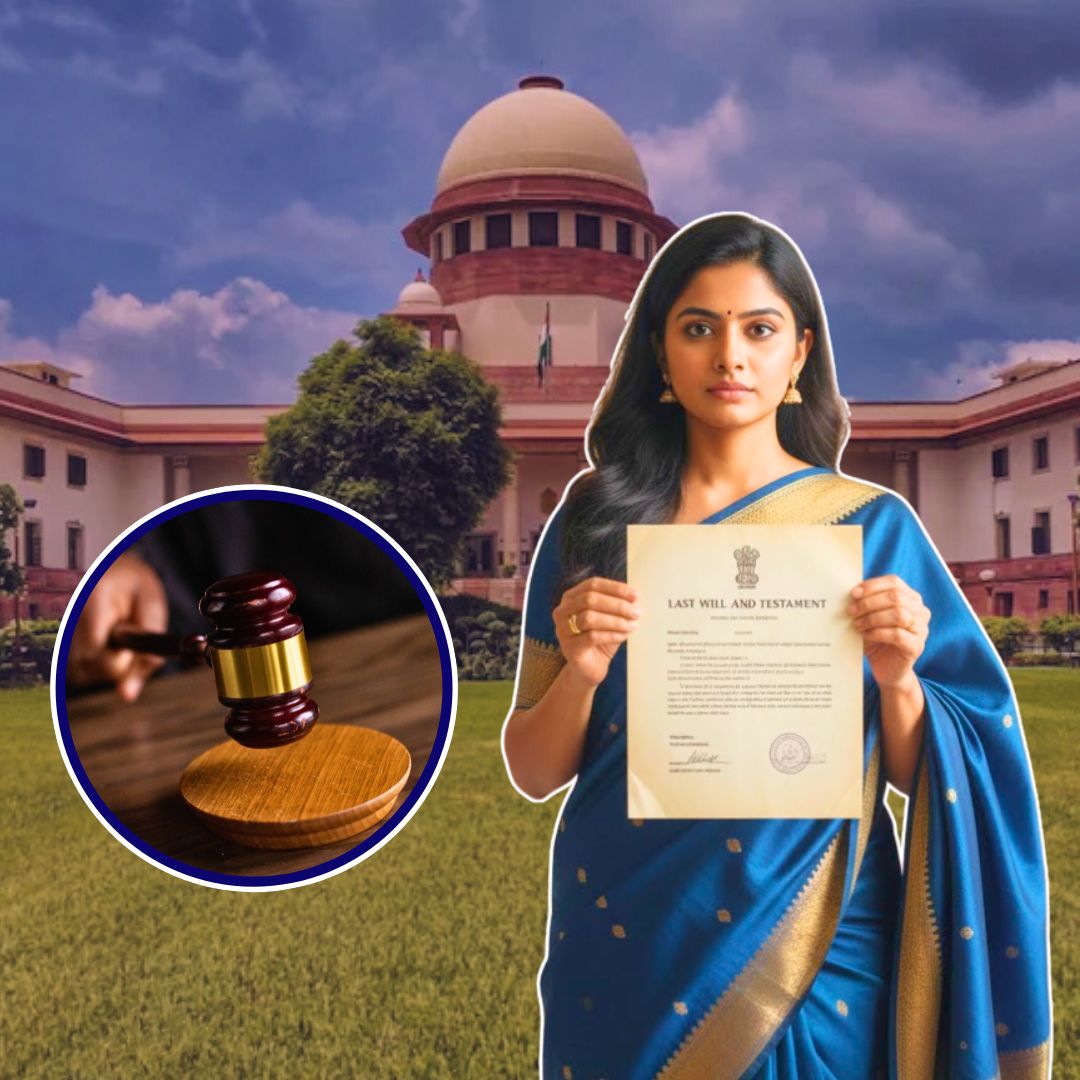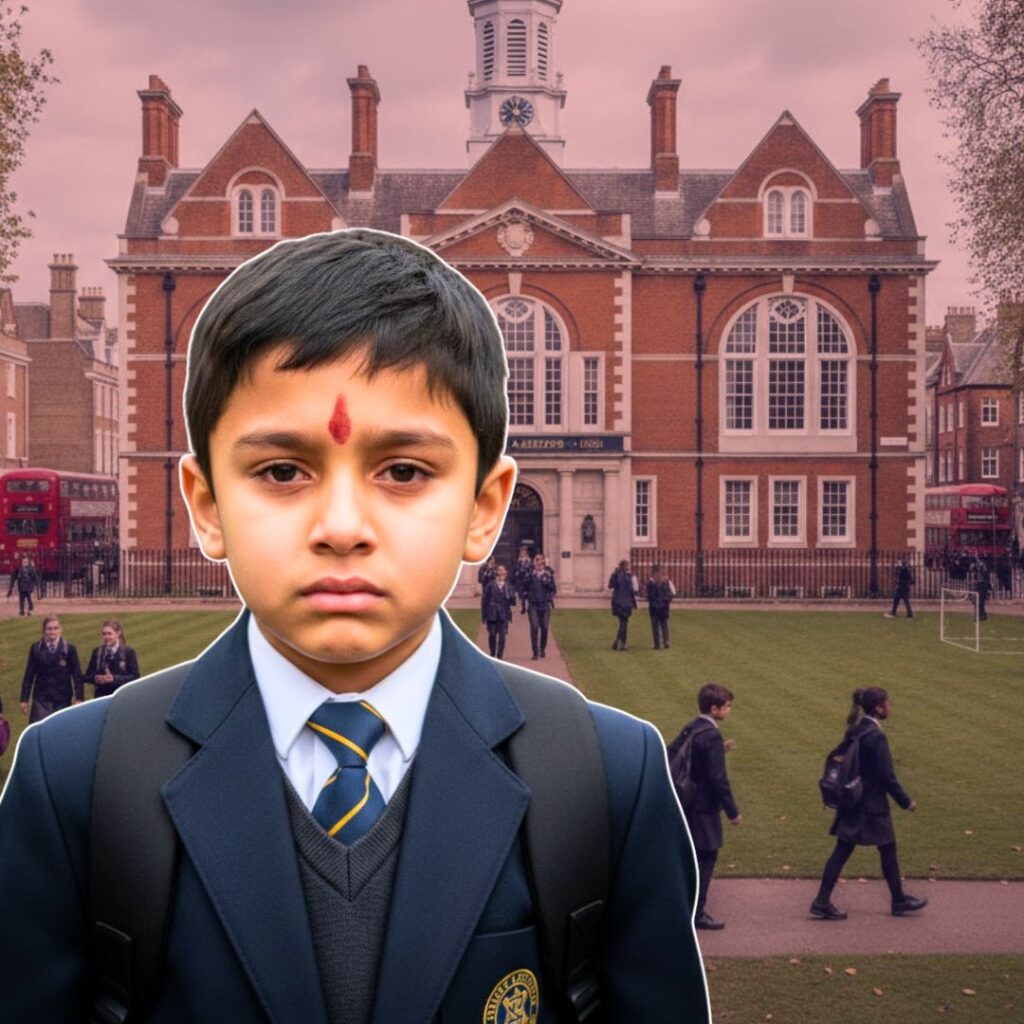In a significant judicial appeal made on November 18, 2025, the Supreme Court of India urged all women, particularly Hindu women, to take immediate steps to draft a will to protect their property rights and prevent potential legal disputes.
This appeal was directed explicitly toward those women likely to be affected by Section 15(1) of the Hindu Succession Act, 1956, which governs the inheritance of property for Hindu women dying intestate-that is, without a will.
The Court emphasised the importance of making a testament or will bequeathing both inherited and self-acquired properties in compliance with Section 30 of the Hindu Succession Act, read in conjunction with the Indian Succession Act.
This practical advice aims to safeguard not only the interests of women across India but particularly Hindu women, to avoid future litigation between family members such as parents and in-laws.
Understanding Section 15(1) of the Hindu Succession Act
The legal crux of the issue revolves around Section 15(1)(b) of the Hindu Succession Act, which stipulates that if a Hindu woman dies intestate without leaving behind children or a husband, her property passes to the heirs of her husband rather than her own parents or siblings.
This hierarchy has provoked significant controversy, as it essentially places the husband’s family ahead of the woman’s natal family, even when the woman may have independently acquired significant property through education, employment, or entrepreneurship.
The Court recognised the need to protect women’s self-acquired property, which is growing with greater economic participation by women.
The Court noted, “If such self-acquired properties are to be succeeded only by the heirs of the husband in the absence of direct descendants or spouse, it may possibly cause heartburn for the maternal family”.
Insights From the Court and Legal Experts
The Supreme Court bench, consisting of Justices B.V. Nagarathna and R. Mahadevan, heard a public interest litigation (PIL) challenging the constitutional validity of Section 15(1)(b), filed by advocate Snidhi Mehra.
The petition argued that this provision was arbitrary and discriminatory against women, violating constitutional guarantees under Articles 14 (equality before law), 15 (prohibition of discrimination), and 21 (right to life and personal liberty).
However, the Court declined to rule on the petition’s merits at this stage, leaving the question of validity open for appropriate proceedings in the future. Instead, the Court urged women to make wills as an immediate protective measure while upholding the larger Hindu social structure that has existed for thousands of years.
The Court also mandated that in cases of disputes arising from intestate succession under Section 15, families should pursue pre-litigation mediation as a first step to facilitate amicable resolution and avoid fractious legal battles.
Background, Social Implications, and Legislative Context
The provisions in question reflect compromises embedded during the Hindu Succession Act’s enactment in 1956, a time when social dynamics around women’s property rights were markedly different.
Today, with women achieving greater autonomy, education, and economic empowerment, these archaic rules have come under scrutiny.
Section 15 has a layered structure: first heirs are the woman’s children and husband, then the husband’s heirs, followed by the woman’s parents and their heirs. Importantly, provisions distinguish between self-acquired properties and those inherited from parents or husband, but critics argue these distinctions inadequately protect women’s interests.
The government has defended these provisions citing their social and religious significance while stating that policy changes lie within the legislative domain.
The Supreme Court’s judicial restraint thus signals a call for legislative reforms while encouraging women to take proactive personal legal steps through wills.
The Logical Indian’s Perspective
The Supreme Court’s advice for Hindu women to draft wills is a vital, immediate way to safeguard women’s property rights in a landscape still governed by complex personal laws.
It reflects an important judicial recognition of women’s growing socio-economic roles and the challenges they face under existing inheritance laws.
However, the need for such a judicial appeal highlights the urgent necessity for broader legal reforms that unequivocally guarantee gender equality in inheritance rights, rather than relying predominantly on wills and individual initiatives.
The Logical Indian advocates for continued dialogue that balances respect for cultural traditions with the imperative of gender justice.
This includes educational outreach to inform women of their rights and legal options, social campaigns to reduce stigma around wills, and legislative advocacy to reform discriminatory succession laws in India.
In conclusion, the Supreme Court’s appeal to Hindu women to make wills is both a practical safeguard and a signpost for ongoing debates about gender, inheritance, law, and social customs in India. It serves as a wake-up call for women to take control of their legal destinies while highlighting the need for legislative clarity and reform in personal laws to reflect the evolving status of women in society today.












